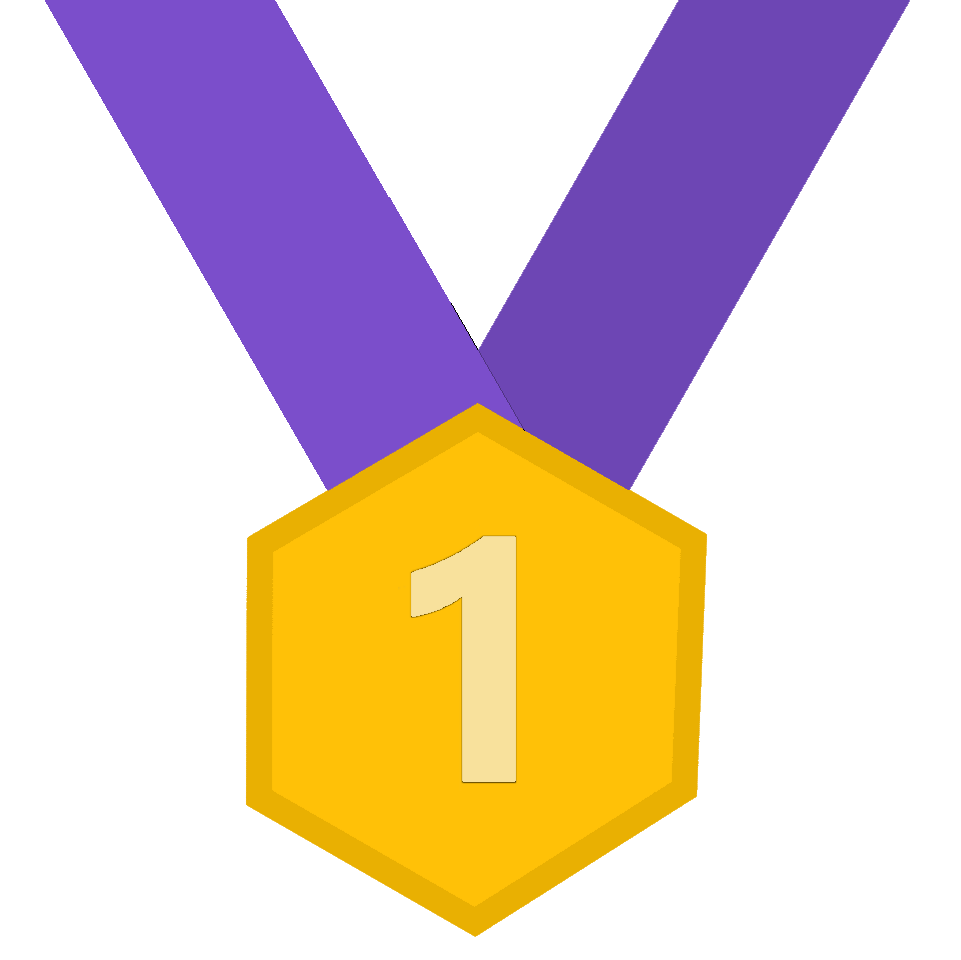
Gugliemo Marconi (1901) transatlantic radio message
From Cape Cod, Massachusetts.
1883
This would allow for long-distance communication
Eli Whitney (1793)'s cotton gin
Gugliemo Marconi (1896)'s wireless telegraph patent
Useful for, like, ship distress calls. Say, for example, the one the Titanic sent out.
Charles Babbage (1834)'s analytic engine
Revolutionized the production of steel
James Brindley (1761)'s Bridgewater Canal
Allowed for barges to carry coal from Worsely to Manchester
Cartwright's power loom (1787)
According to wikipedia:
Richard Arkwright's water frame (1769)
Thomas Newcomen (1712)'s steam engine
First commercially successful (though kind of clumsy) steam engine, used to pump water out of coal mines. Big deal, since we've just unlocked a new power source.
Marc Brunel's first underwater tunnel (1826-1842)
Gasoline refinement
First occurred in 1850. Gasoline is an important fuel source.
Thomas Alva Edison's phonograph (1877)
First transatlantic cable completed
1858
1858
First steam-powered mill (1779)
Crompton's "mule" + Spinning jenny and water frame fully automated weaving process. Yeah.
Eiffel Tower (1889)
James Hargreaves (1765)'s spinning jenny
Automated thread spinning
Robert Trevithick (1801)'s steam locomotive demonstration
Robert Fulton (1807)'s Clermont
The first successful steamboat. Like the locomotive, made trade so, so much better. For example, now the US could leverage its advantage in having the Mississippi river.
Mass slaughter is now possible, begins mechanization of warfare. Unfortunately, as some predicted, his machine gun did not prevent war — people still fought, despite these monsters being on the battlefield.
James Watt's efficient steam engine (1765)
Made communicating across long distances much easier, but such conversations still had to be done in public, etc.,
Brooklyn Bridge opened (1883)
Liverpool and Manchester Railway (1830)
Daguerre's daguerrotype (1838)
Early form of photography
Tremendously helped with making weaving easier, used in the putting-out industry at first.
Invented the incandescent lamp. Though he was, in general, prone to rude tendencies.
Allowed for more sewing, including at-home


